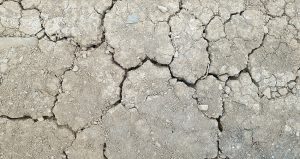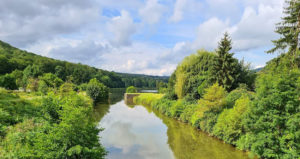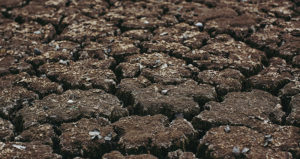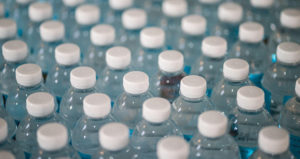EEA: Ensuring a safe water supply requires acting now
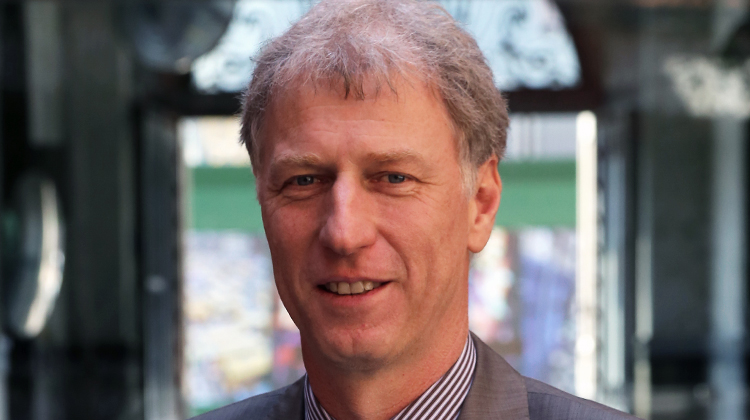
- 23 September 2016
-
Editorial Team
Share article:
Director of the European Environment Agency (EEA) Hans Bruyninckx states action is needed now. Photo: EEA
To ensure a safe water supply in the future there is no time to lose. “Everything we do today, will be around in 2050.” This was the core message of the Director of the European Environment Agency (EEA) Hans Bruyninckx during the Eureau congress (19-21 september) in Copenhagen.
The conference on ‘Resilience in the water sector’ was held under the auspices of COP22 and was part of EurEau’s annual congress. Europe’s water sector was discussing how to prepare for the future and climate change. On the agenda were the revision of Water Framework Directive and more efficient drinking water infrastructure.
Adaptation is key
According to the World Bank the impact of Climate change will be channeled primarily through the watercycle. Bruyninckx insisted in Copenhagen on the importance of water for future generations: “Water-related risks posed by climate change have a wide effect on our environment, on our food and energy systems and on where we live. So preparing well in adapting to the new challenges we face, such as ensuring the most efficient use of water and climate proof infrastructure, will be key to reduce or eliminating the negative effects.”
Innovation
Bruno Tisserand, EurEau President said: “Water operators need to ensure that we can continue to supply our customers with clean drinking water, safely treat waste water and return it to the environment. Managing supply, particularly with unpredictable weather patterns of drought and flooding, means that we have to take advantage of technology and invest in innovation to do this.”
COP 22 focusing on water
The COP 22 will take place in Marrakech in November 2016 to define a strategy to achieve the Paris commitments on climate change, and water will be centre stage. An increase in global temperatures will affect the water sector in terms of availability and quality. Consequently, water suppliers will have to become more resilient and find means to face water scarcity.


